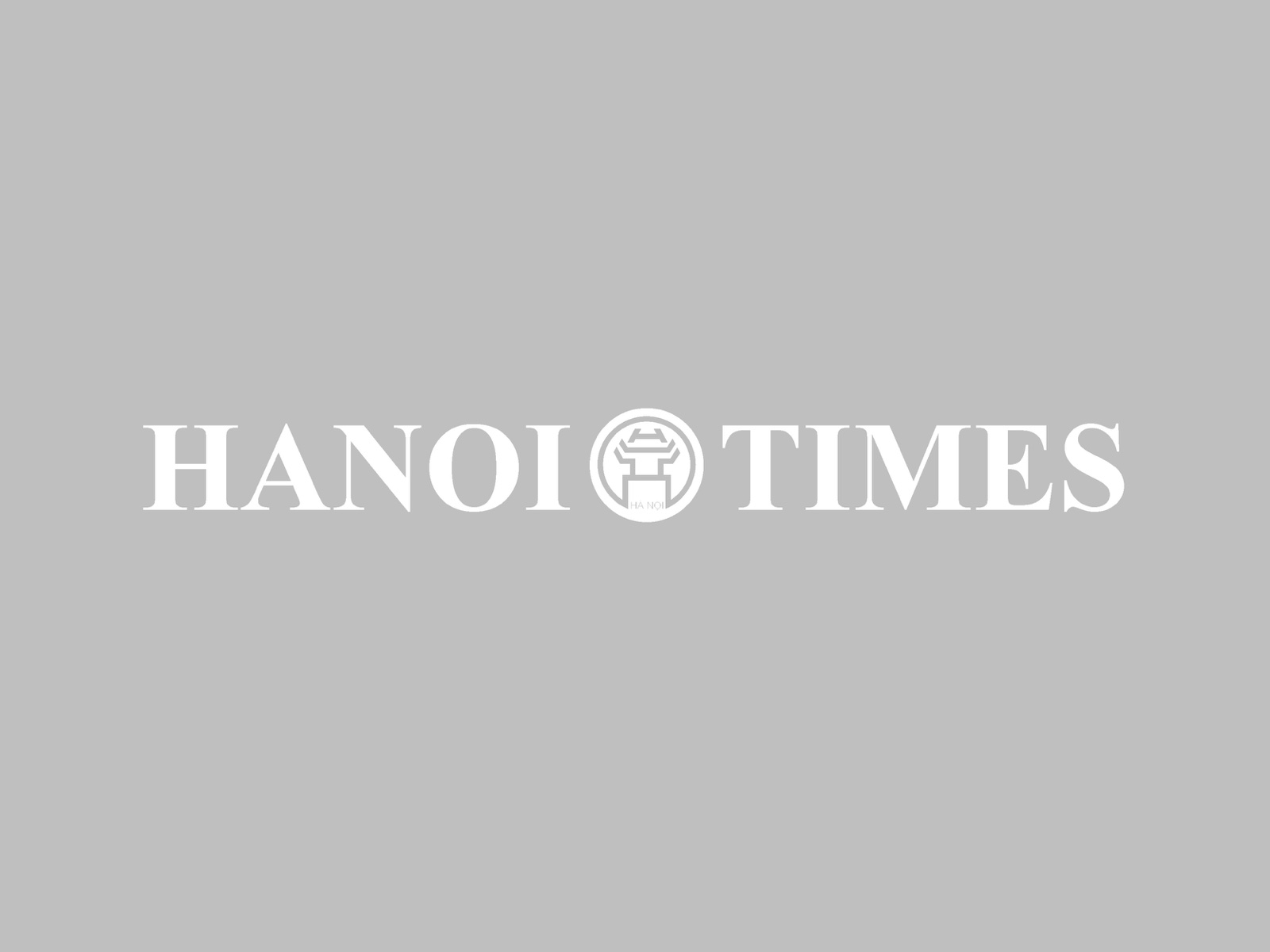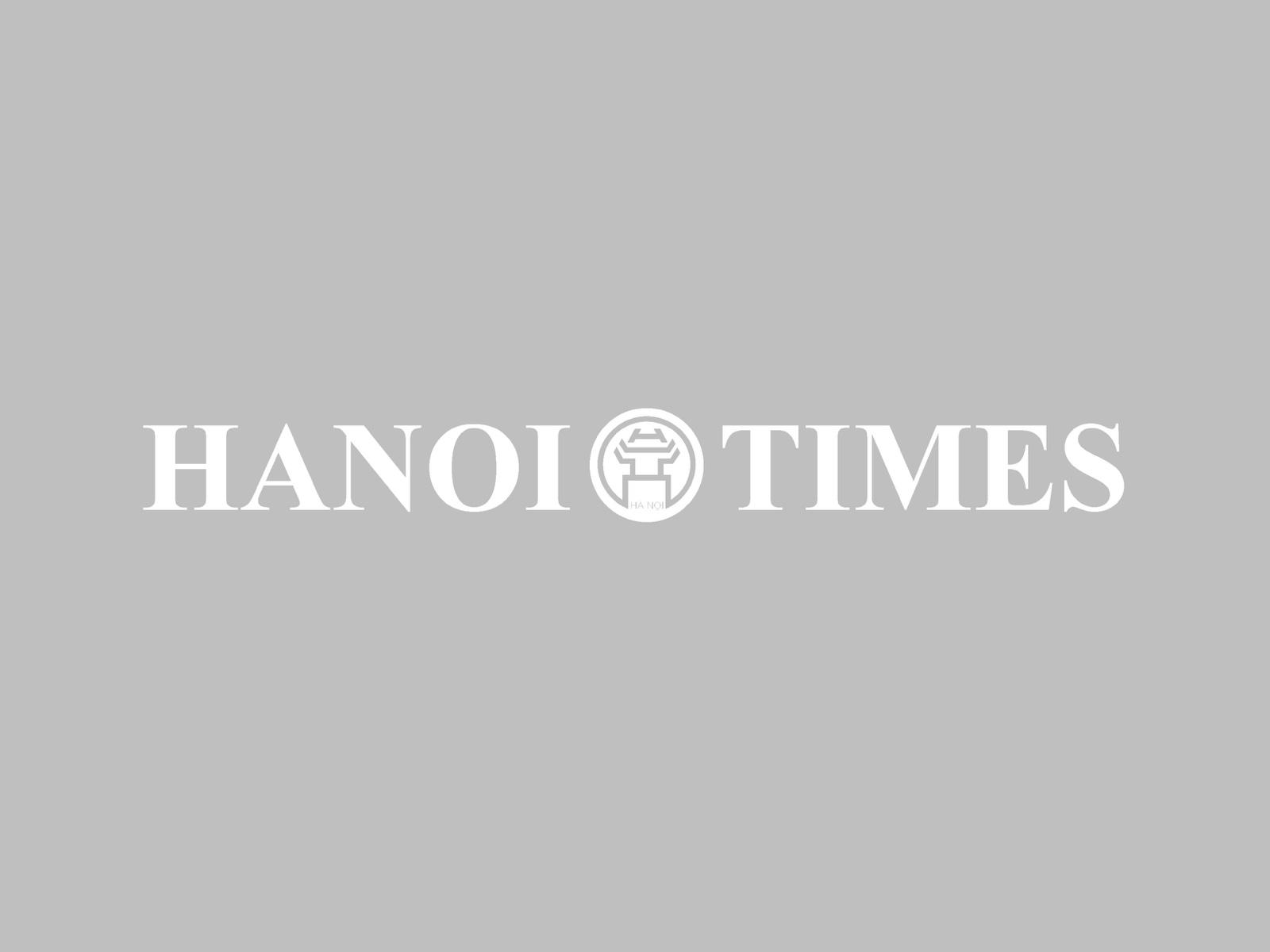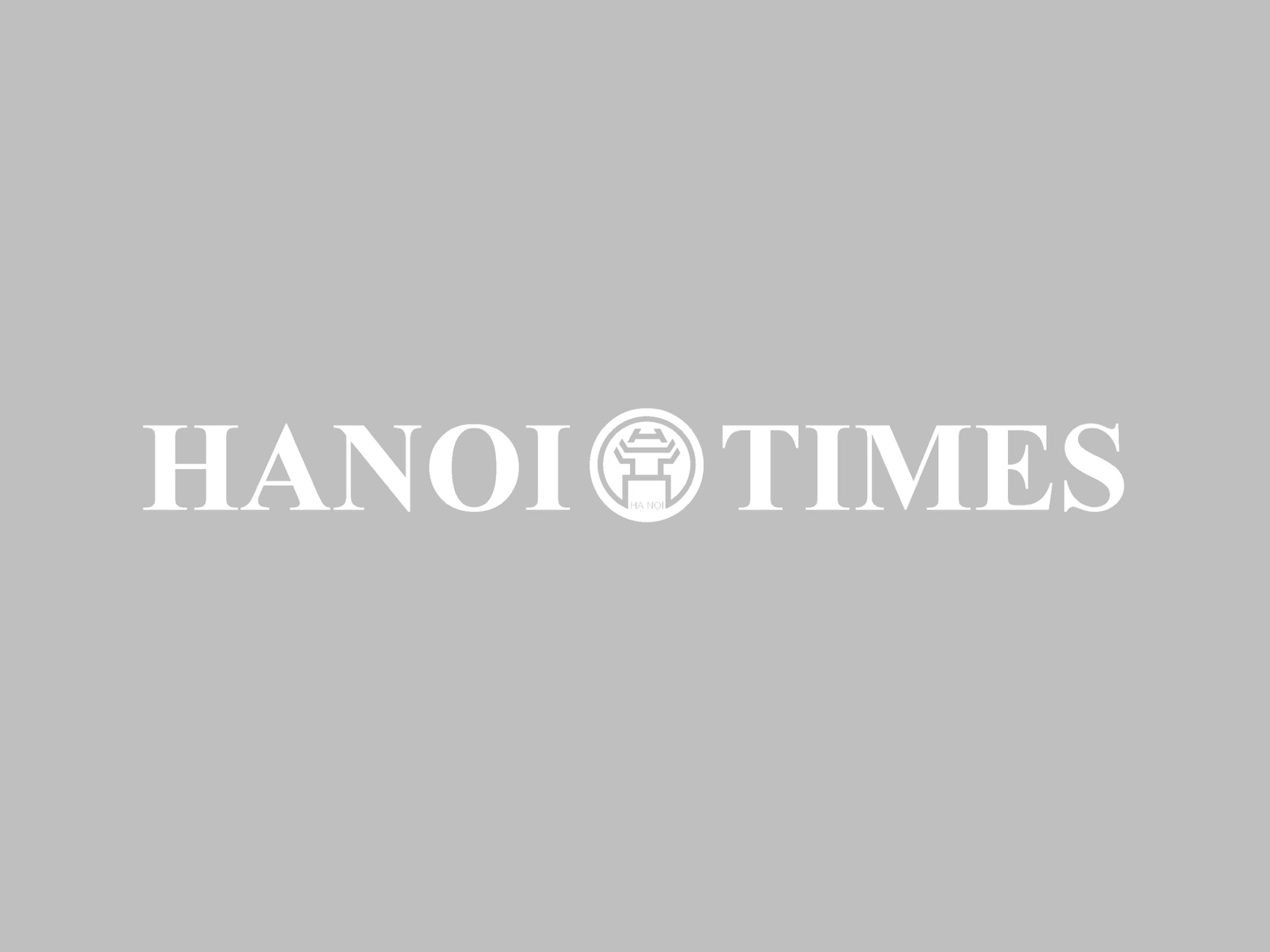Econ
GIZ supports Vietnam in taking advantage of int'l trends in power sector
Aug 20, 2019 / 09:40 AM
The Deutsche Gesellschaft für Internationale Zusammenarbeit (GIZ) helps Vietnam develop its energy sector in the most effective and smartest way.
As one of the fastest growing economies in Asia, Vietnam has experienced a rapid increase of the national electricity demand over the past years. The country aims to triple its installed power generation capacity over the next 15 years.
The Deutsche Gesellschaft für Internationale Zusammenarbeit (GIZ), on behalf of the German government, is supporting Vietnam to sustainably develop its power sector which both matches the global trends and harnesses Vietnamese potential.
Since 2013, energy has become one of the priorities of the Vietnamese-German cooperation. A product is the MOIT/GIZ Energy Support Program which aims to contribute to Vietnam’s emissions reduction strategy and green growth strategy by improving the existing regulatory framework for Renewable Energy (RE) and Energy Efficiency (EE) and increasing the professional and organizational capacities of key institutions and stakeholders.
GIZ works on several levels with the MOIT’s Electricity Regulatory Authority of Vietnam (ERAV) and other institutions to implement aspects of Vietnam’s Smart Grid Road Map or Smart Grid for RE & EE for the 2017-2021 period, according to Mr. Ingmar Stelter, director of the MOIT/GIZ Energy Support Program.
Hanoitimes had an interview with Mr. Ingmar Stelter to see how GIZ has helped Vietnam gradually unlock the country’s electricity potential and operate the national grid in the most effective and smartest way.
Why does the German government support Vietnam in developing renewable energy?
Mr. Ingmar Stelter: Germany has been at the forefront of renewable energy development since a long time; starting with wind energy, later on going into solar power development. Similarly, it has implemented energy efficiency programs on various levels for many years. Through this development, Germany has gained a lot of experience it can share.
At the same time, Vietnam has very large potential for both renewable energy development and energy efficiency promotion. The German government would like to support Vietnam in making the best use of this potential.
How does GIZ do to help Vietnam obtain the goal of implementing energy efficiency?
Mr. Ingmar Stelter: We jointly work with ERAV on issues of regulation and standards for powers system operation; on capacity building and training; and on the transfer of suitable technologies and knowledge from Germany to Vietnam.
The objective of this cooperation is to support Vietnam in the continuously secure, stable, reliable and efficient operation of the power grid.
Smart grid greatly contributes to the energy efficiency. How does GIZ realize the need of smart grid application in Vietnam?
Mr. Ingmar Stelter: In the past, the power sector in Vietnam was structured in a relatively simple way: Power was produced by a rather limited number of large-scale power plants, such as hydro and coal power. This power was then transmitted and distributed to the consumers; i.e. businesses and households. This was more or less a “one-way street.”
Now, Vietnam is taking advantage of international trends in the power sector, where renewable energy sources – such as wind and solar energy – have become increasingly cost-competitive. In many countries they are already cheaper than fossil fuel resources; and they are, of course, cleaner.
However, this development also comes with two key changes:
i) There is rapidly increasing number of power producers in Vietnam which provide solar and wind power into the system. So, instead of dealing with a relatively small number of power plants, the power system operators (i.e. EVN) need to manage a power system with many more actors than in the past. This requires additional ICT interfaces for proper flow of information and communication between this increasing number of actors. Smart Grid Technologies provide solutions for the efficient flow of information and communication.
ii) With the introduction of in particular solar rooftop systems in Vietnam (but maybe in the future also electric vehicles), there is no more “one-way street” between power producers and consumers. When installing a rooftop system on their roof, households or businesses will become so-called “prosumers”: Certain times of the day, they might buy power from the grid (when the solar system on their roof does not supply sufficient power for their needs); and other times of the day they might sell power to the grid (when their solar system produces more power than they need for self-consumption). At this stage, the “one-way street” has become a “two-way street”, i.e. power needs to be able to flow into both directions.
Again, smart grid technology applications provide solutions to manage this new relationship between the power grid operator and the “prosumer”.
What are challenges in the development of smart grid?
Mr. Ingmar Stelter: Firstly, there are a lot of opportunities with smart grid technologies as they can help in making the power system more secure, efficient and reliable.
While experience from other countries can help in making decisions on the application of smart grid technologies in Vietnam, there is not “one-size-fits-all” approach. The Vietnamese power system has certain specific characteristics which other countries do not have.
Therefore, one of the main challenges is to prioritize the application of the most suitable smart grid technologies in Vietnam. Financial resources are always limited; we need to identify which potential problems/trends in grid operation need to be tackled first.
Secondly, once this prioritization has taken place, a more in-depth cost-benefit analysis has to be undertaken for each problem/trend.
Thank you very much!

The German-Vietnamese governments has inked cooperation in energy sector since 2013. Photo: DPA
|
The Deutsche Gesellschaft für Internationale Zusammenarbeit (GIZ), on behalf of the German government, is supporting Vietnam to sustainably develop its power sector which both matches the global trends and harnesses Vietnamese potential.
Since 2013, energy has become one of the priorities of the Vietnamese-German cooperation. A product is the MOIT/GIZ Energy Support Program which aims to contribute to Vietnam’s emissions reduction strategy and green growth strategy by improving the existing regulatory framework for Renewable Energy (RE) and Energy Efficiency (EE) and increasing the professional and organizational capacities of key institutions and stakeholders.
GIZ works on several levels with the MOIT’s Electricity Regulatory Authority of Vietnam (ERAV) and other institutions to implement aspects of Vietnam’s Smart Grid Road Map or Smart Grid for RE & EE for the 2017-2021 period, according to Mr. Ingmar Stelter, director of the MOIT/GIZ Energy Support Program.
Hanoitimes had an interview with Mr. Ingmar Stelter to see how GIZ has helped Vietnam gradually unlock the country’s electricity potential and operate the national grid in the most effective and smartest way.

Mr. Ingmar Stelter, Director of the MOIT/GIZ Energy Support Program. Photo: GIZ
|
Mr. Ingmar Stelter: Germany has been at the forefront of renewable energy development since a long time; starting with wind energy, later on going into solar power development. Similarly, it has implemented energy efficiency programs on various levels for many years. Through this development, Germany has gained a lot of experience it can share.
At the same time, Vietnam has very large potential for both renewable energy development and energy efficiency promotion. The German government would like to support Vietnam in making the best use of this potential.
How does GIZ do to help Vietnam obtain the goal of implementing energy efficiency?
Mr. Ingmar Stelter: We jointly work with ERAV on issues of regulation and standards for powers system operation; on capacity building and training; and on the transfer of suitable technologies and knowledge from Germany to Vietnam.
The objective of this cooperation is to support Vietnam in the continuously secure, stable, reliable and efficient operation of the power grid.

Phu Lac wind farm in Vietnam's central province of Binh Thuan receives Germany's support. Photo: GIZ
|
Mr. Ingmar Stelter: In the past, the power sector in Vietnam was structured in a relatively simple way: Power was produced by a rather limited number of large-scale power plants, such as hydro and coal power. This power was then transmitted and distributed to the consumers; i.e. businesses and households. This was more or less a “one-way street.”
Now, Vietnam is taking advantage of international trends in the power sector, where renewable energy sources – such as wind and solar energy – have become increasingly cost-competitive. In many countries they are already cheaper than fossil fuel resources; and they are, of course, cleaner.
However, this development also comes with two key changes:
i) There is rapidly increasing number of power producers in Vietnam which provide solar and wind power into the system. So, instead of dealing with a relatively small number of power plants, the power system operators (i.e. EVN) need to manage a power system with many more actors than in the past. This requires additional ICT interfaces for proper flow of information and communication between this increasing number of actors. Smart Grid Technologies provide solutions for the efficient flow of information and communication.
ii) With the introduction of in particular solar rooftop systems in Vietnam (but maybe in the future also electric vehicles), there is no more “one-way street” between power producers and consumers. When installing a rooftop system on their roof, households or businesses will become so-called “prosumers”: Certain times of the day, they might buy power from the grid (when the solar system on their roof does not supply sufficient power for their needs); and other times of the day they might sell power to the grid (when their solar system produces more power than they need for self-consumption). At this stage, the “one-way street” has become a “two-way street”, i.e. power needs to be able to flow into both directions.
Again, smart grid technology applications provide solutions to manage this new relationship between the power grid operator and the “prosumer”.
What are challenges in the development of smart grid?
Mr. Ingmar Stelter: Firstly, there are a lot of opportunities with smart grid technologies as they can help in making the power system more secure, efficient and reliable.
While experience from other countries can help in making decisions on the application of smart grid technologies in Vietnam, there is not “one-size-fits-all” approach. The Vietnamese power system has certain specific characteristics which other countries do not have.
Therefore, one of the main challenges is to prioritize the application of the most suitable smart grid technologies in Vietnam. Financial resources are always limited; we need to identify which potential problems/trends in grid operation need to be tackled first.
Secondly, once this prioritization has taken place, a more in-depth cost-benefit analysis has to be undertaken for each problem/trend.
Thank you very much!








